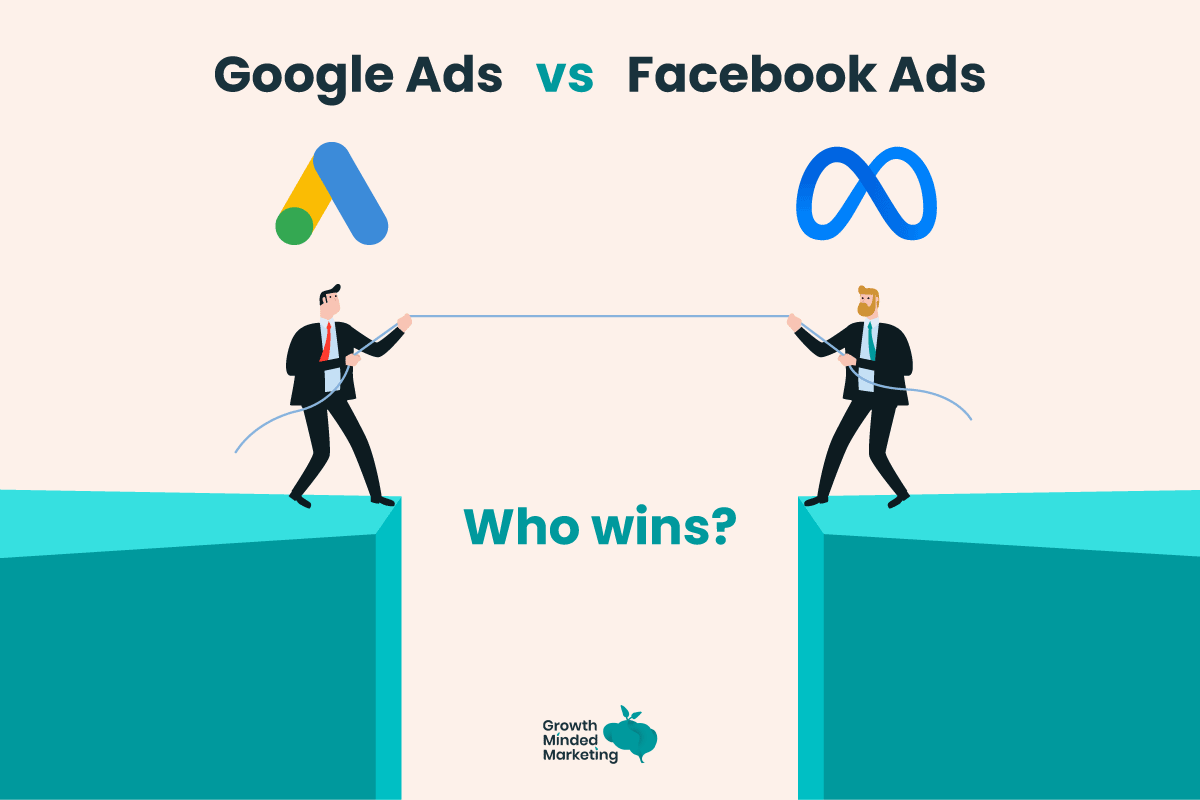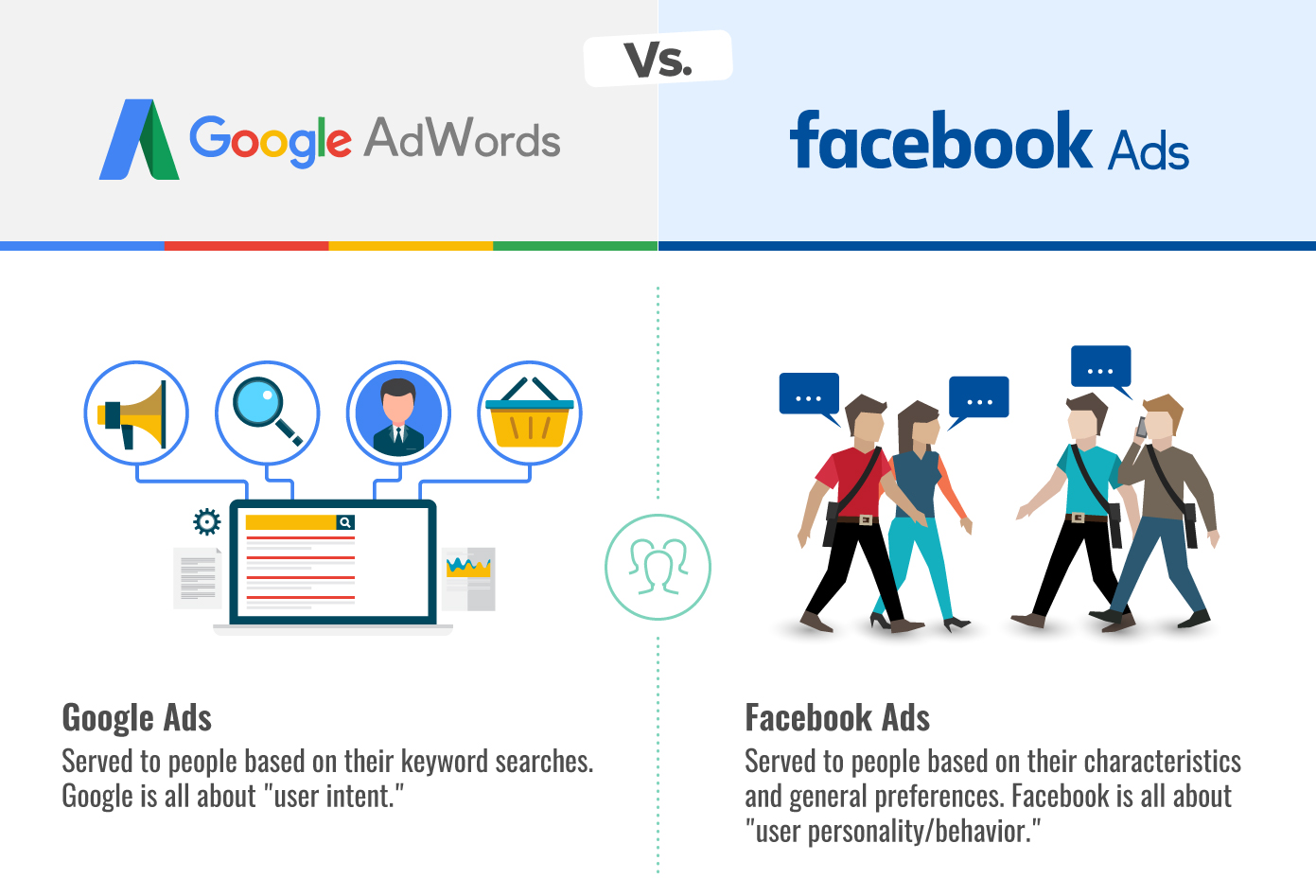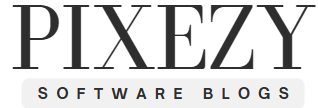Advertising online can be tricky. Facebook Ads and Google Ads are top choices.
Businesses often wonder which platform suits them best. This comparison helps you decide by breaking down the strengths and features of each. Facebook Ads and Google Ads offer unique benefits. Knowing these can boost your marketing efforts. Comparing both platforms gives a clear picture of where to invest.
This guide will help you understand the key differences. Making an informed choice can save time and money. Dive in to learn which is better for your business goals.
Target Audience
Facebook Ads target specific interests and behaviors. Google Ads capture intent through search keywords. Both offer unique audience reach.
Demographics
Facebook Ads allows targeting by age, gender, location, and interests. This helps to find the right people. Google Ads targets by keywords people search for. This is useful for businesses with specific products.
User Behavior
Facebook users often browse casually. They see ads while scrolling. Google users search with intent. They look for specific information. Ads appear when people search. This means they are ready to buy.

Ad Formats
Facebook offers many ad types. You can use photo ads to show images. Video ads are great for showing movement. Carousel ads let you use many images or videos in one ad. Slideshow ads use short videos or animations. Collection ads help people find and buy products. Lead ads collect information like names and emails. Event ads promote events and get people to join. Offer ads give discounts and deals. Messenger ads start chats with customers. Each ad type has its own purpose.
Google also has many ad types. Search ads show up when people search for things. Display ads show images on websites. Video ads play on YouTube. Shopping ads show products with pictures and prices. App ads help people find and use apps. Smart ads use Google’s data to show the best ads. Local ads bring people to stores. Discovery ads show on Google’s feed. Each type works in a unique way.
Cost And Budgeting
Facebook Ads usually have a lower Cost Per Click (CPC). This means you pay less when someone clicks on your ad. Google Ads can have a higher CPC. This is because people often go there with intent to buy.
Cost Per Thousand Impressions (CPM) is what you pay for every 1,000 views of your ad. Facebook Ads can offer lower CPM rates. It is great for brand awareness. Google Ads might have higher CPM. But it can be worth it for some businesses.
Ad Performance
Facebook Ads also tend to have better CTR. Facebook users are more engaging with the content. Google Ads generally aims at people who are already looking for the products. This results in a more targeted audience.
Google Ads usually give better conversion rates and sales. When people click on Google Ads, they are often further down the funnel, ready to buy. Facebook Ads typically require additional steps to convert. That said, when done right, both platforms can deliver results.
Audience Reach
Facebook Ads target users based on interests, behaviors, and demographics. Google Ads focus on search intent and keywords. Both platforms have vast audiences but serve different marketing strategies.
Global Reach
Facebook has over 2.8 billion active users. This gives you access to a vast audience. You can target users by age, location, and interests. Google Ads reaches billions through its search engine and partner sites. Your ads appear when users search for relevant keywords.
Market Penetration
Facebook Ads help engage users on a social level. People spend hours scrolling through their feeds. Your ads can pop up during this time. Google Ads capture users looking for specific information. This often leads to higher intent to purchase.
Analytics And Reporting
Comparing Facebook Ads and Google Ads analytics, Facebook provides detailed demographic insights. Google Ads excels in keyword performance data. Both platforms offer unique reporting advantages.
Facebook Insights
Facebook Insights offers detailed data on your ad performance. You can see the number of clicks, likes, and shares. It shows the reach and engagement of each ad. This helps understand what works best. You can use this data to improve future ads. The dashboard is easy to use and understand.
Google Analytics
Google Analytics tracks how users interact with your ads. It shows data on clicks, impressions, and conversions. You can see which ads lead to sales or sign-ups. The tool also provides insights on user behavior. This helps optimize your campaigns. The data is detailed but may need time to learn.
Case Studies
Discover the effectiveness of Facebook Ads versus Google Ads through detailed case studies. Explore real-world examples showcasing their impact on different businesses. Understand which platform better suits your marketing goals.
Successful Facebook Ad Campaigns
One small business used Facebook Ads to boost sales. They targeted local customers. Their sales increased by 30% in just one month. Another company used video ads. They saw a 50% rise in engagement. Facebook Ads helped them reach a broader audience.
Successful Google Ad Campaigns
A retail store used Google Ads. They focused on keywords. Their website traffic grew by 40%. Another business used Google Ads for a new product. They got 200 new customers in two weeks. Google Ads helped them appear at the top of search results.

Frequently Asked Questions
Do Google Ads Work Better Than Facebook Ads?
Google Ads and Facebook Ads work differently. Google Ads target search intent, while Facebook Ads target audience interests. Effectiveness depends on your business goals.
Who Makes More Money From Ads Google Or Facebook?
Google makes more money from ads than Facebook. Google’s ad revenue is higher due to its extensive advertising network.
Why Are Facebook Ads Better?
Facebook ads are better due to precise targeting, cost-effectiveness, extensive reach, measurable results, and diverse ad formats.
How Much Do Google Ads And Facebook Ads Cost?
Google Ads typically cost $1 to $2 per click. Facebook Ads average around $0. 97 per click. Costs vary by industry.
Conclusion
Choosing between Facebook Ads and Google Ads depends on your goals. Facebook Ads offer detailed targeting and visual appeal. Google Ads provide vast search reach and intent-based targeting. Both platforms have unique strengths and can complement each other. Test both to see what works best for your business.
This way, you can effectively allocate your budget. Remember, continuous optimization is key. Keep analyzing results and adjusting your strategies. This will help you get the best return on investment.

I am a passionate digital marketer with a strong expertise in SEO and article writing. With years of experience in crafting compelling content and optimizing it for search engines, I help businesses enhance their online visibility and drive organic traffic. Whether it’s creating engaging blog posts or implementing effective SEO strategies, I am dedicated to delivering results that make an impact.
